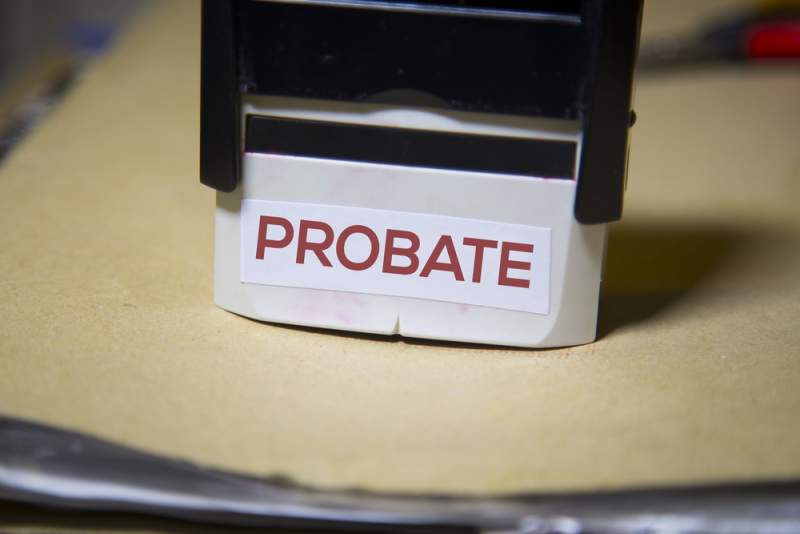Are you an active real estate investor? Then you must have often come across probate properties or flipping houses in Texas. Probate real estate and flipping houses have emerged to be one of the best acquisition strategies of late. That’s mainly because these properties are usually low-priced and offer attractive deals that are too good to pass on. However, it’s worth noting that a probate sale transaction is a unique and lengthy process, involving more time than a traditional property sale. So, if you own a probate property or looking to acquire one, you should essentially understand the process of going through a probate court.
This guide covers everything that a real estate investor should know about probate sales. Continue reading to learn the ideal process of buying or selling probate properties.
What is a Probate Property Sale?
Probate is a legal process that occurs when a homeowner dies without specifying a will or identifiable heir to pass the property. In such cases, the state takes over the possession of the real estate and passes on the responsibility to the probate court to oversee the entire process. The probate court further appoints an estate representative or attorney to sell the home and distribute the proceeds.
Apart from the absence of a will, probate sales may also occur if the homeowner passes away owing significant debts to creditors. In such circumstances, the probate court is held responsible for selling the real estate and paying off unpaid debts to the creditors. If any additional funds sustain, the amount is further distributed among the living family members of the property.
Step-By-Step Process of Probate Property Sale
The entire process of probate sale significantly varies from state to state. Probate involves several state laws to be followed throughout the entire ordeal regardless of the location where the sale is occurring. This makes the probate real estate sale process lengthy and time-consuming. From start to end, a probate ordeal takes around 18-36 months at the least.
To explain it better, we have classified the entire probate process into three main steps, which are as follows:
- Before Sale Proceedings: The appointment of an estate executor or attorney depends on whether or not the deceased homeowner has left a will. The appointed executor or attorney is the individual who is held responsible for handling the probate process and representing the deceased homeowner. The estate representative designs an effective plan of action for selling the property. Selling probate real estate is not easy. The seller needs to determine whether the property has a Grant of Probate to dispose of the property. And the most reliable source to check this is the Land of Registry records. Acquiring the document ensures the identification of the lawful or trusted relative who can sign the legal documents on the deceased’s behalf. Furthermore, the attorney or executor is given the responsibility to officially notify about the probate sale to all the creditors, beneficiaries, and heirs associated with the property.
- Need For Realtors: Once the probate proceedings begin, the executor needs to hire a reliable realtor or real estate agency and an appraiser. At this stage, the property needs to be appraised just like a traditional property sale. The appraiser needs to define the original value of the property after an extensive inspection. Upon completion of the property appraisal process, the realtor or the real estate agency is responsible for marketing the property through newspaper ads, signages, and online listings. However, they should essentially list the property as probate real estate.
- Actual Sale: Multiple buyers are allowed to make an offer on the property. However, only the potential buyers are presented in the probate court. The buyer should agree to make an advance downpayment along with a deposit of 10% of the total purchase value. If the court finds the offer justifiable, it is notified to all the beneficiaries and heirs associated with the property. When no objections are received from the heirs, the probate proceedings resume. The court sets the closing date a month or so in advance and during this waiting period, the seller is allowed to take on offers from other interested buyers. On the closing date, the highest bidder wins the property.
- Closing: To close the deal, the prospective buyer needs to pay a cashier check with the downpayment amount decided during the hearing. Once the payment is made, the buyer and the executor need to sign the contract, with a 15-days later sale date. The buyer may withdraw his consent at any time without getting a refund of the deposit amount.
Bottom Line
A probate sale can be a lucrative bargain if you are prepared to undergo the bureaucratic hurdles. Also, you need to hire a highly qualified, knowledgeable, and experienced realtor to guide you throughout the process. However, just ensure to cross-check your state’s laws and requirements associated with probate property sales.







